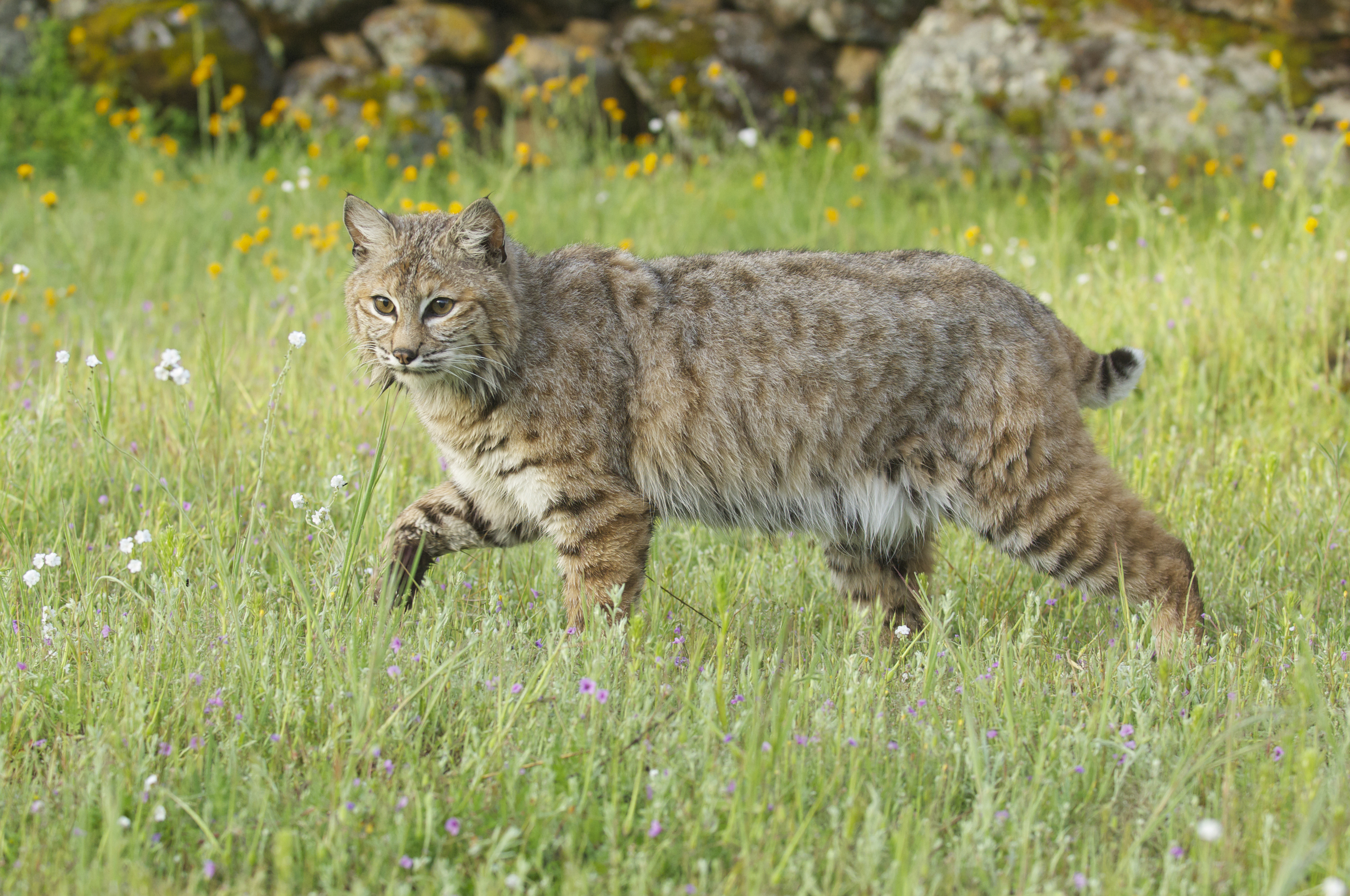

Make BTB's drive-along or fly-over start from a certain place: In the 3D view, point the mouse at a track (not terrain) and press J Jump to a part of the track/terrain (2): In the 3D view, point the mouse and right-click twice. Let the future know that you were there too.Jump to a part of the track/terrain (1): In top view, point the mouse at any location and press J. If you are that person in your family, remember to step around to the other side of the lens from time to time. They are the ones who appear in the fewest of the photos. And, I believe you could always tell who that person is if looking though a collection of family photos.

I think it is often the case that there is that one person in the family who assumes the role of principle photographer. To show some evidence of being there too. And I find myself being so captivated by doing so that it does not occur to me to be in the same frame with her. Courtesy and grace are a part of her being. She thanks people politely when they give her a compliment. If they have a dog she will politely ask if she can pet it, ask the name, and hold out her hand gently and let the dog sniff before running her tiny hands across its head. She’s the sort of kid who greets everyone she passes as we walk to the park. She has an incredibly kind spirit and gentle heart. She’s sweet and funny and a creative thinker. She is simply one of my favorite people to be around. I’m fiercely protective of that time too. Yet, I spend a great deal of time with my little girl. Simply because I’m so often the one taking the pictures. Not because we don’t spend much time together. Pictures of the two of us together are rare. This is a shot of Beatrix and I, taken the other day at the park. Author Patrick Rhone Posted on JCategories personal, writing Not everything has to have a place right away. I have found this a helpful lesson for much of life. That eventually their place may come along. She told me to set these aside and revisit them from time to time. Then, someday later, you might stumble across it and build upon it or find a place where it belongs. That, sometimes a fragment will appear suddenly and have no place. That sometimes a writer’s brain does not work in linear wholes. I had a creative writing teacher when I was a teenager tell me this was not uncommon. Sometimes, I write little snippets of things - fragments. Nor, do I feel that it is the start or ending to anything just yet. Yet, for those of us who can see, we beg for blindness. Author Patrick Rhone Posted on JCategories productivity Fragments Sometimes, the best way to get things done can be found by getting away from where you normally do them. I have found that even moving to a different place in my house has the same effect for me. Having difficulty focusing and getting your work done? Pack up and move to somewhere new to work. Then, shortly thereafter, I read this post from Randy Murray that aligns with my personal experience as well: Your desk is for executing do your thinking elsewhere. If you’re like me, your best thinking happens when you’re not at your desk: taking a walk, going and asking another person for help, drinking a coffee, in the shower. All of the ideas are great but I found this one resonates with my own thinking and other things I’ve recently read: The first, Things I’ve quit doing at my desk, offers some great tips for making your desk a workspace of purpose by employing some basic ground rules. Both should be of interest to "knowledge workers" and those who work at home. I found the intersection of the following two posts that popped up on my radar interesting.

Author Patrick Rhone Posted on AugCategories remainders The Shelf Life Of Notes It is the only everything you will ever know. One hundred years is nothing in the grand scheme of things but it is all you’ve got. If you choose to use them doing something you hate or putting up with the shit people lay on you, you are wasting precious time. Learning from the poor choices and the smart ones so that we might make more of the later than the former as we grow. You might make nothing but smart choices and that is very, very, rare. It is your choice to do so or to change it. You might make the same bad choices over and over again. What makes us sad and what makes up happy. This is how we learn what is right and what is wrong. We know that some choices get us in trouble and others get us rewards. Yet all constitute what we call our life.Įven as children it is choices that teach us and guide us. An event happens and, in that moment, you make a choice. This short period you occupy is driven by events and choices. You’ve got about a hundred years, give or take. Not this rock we live on or the space it travels.


 0 kommentar(er)
0 kommentar(er)
